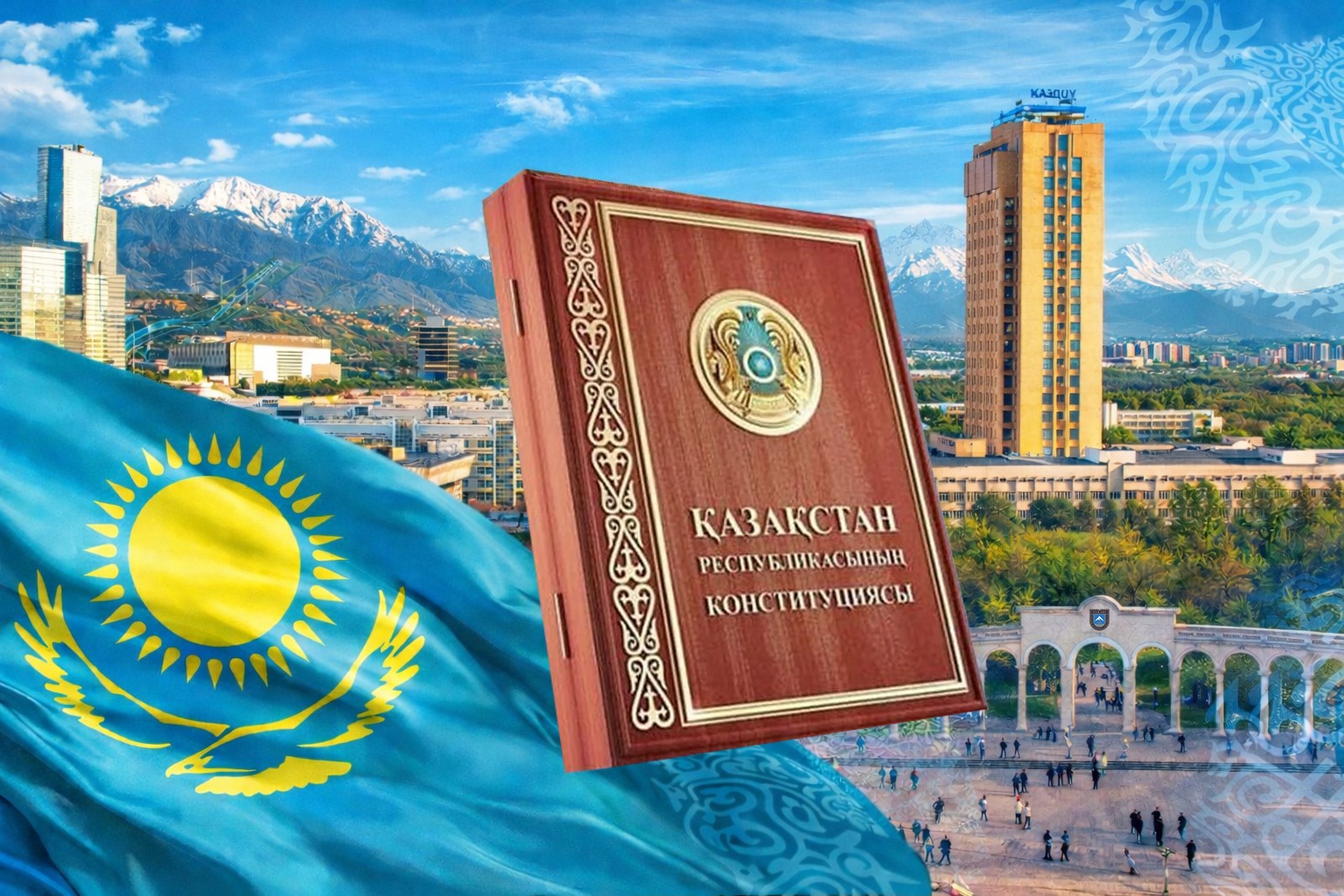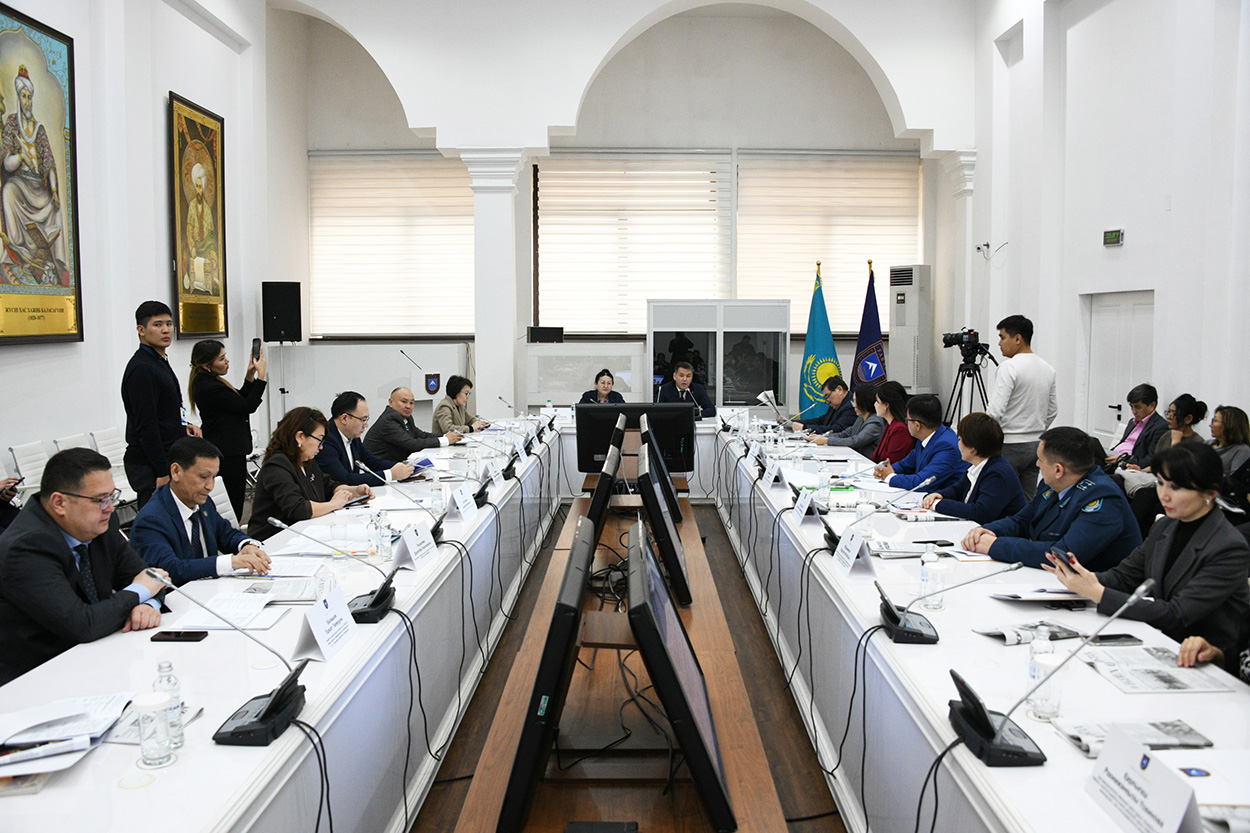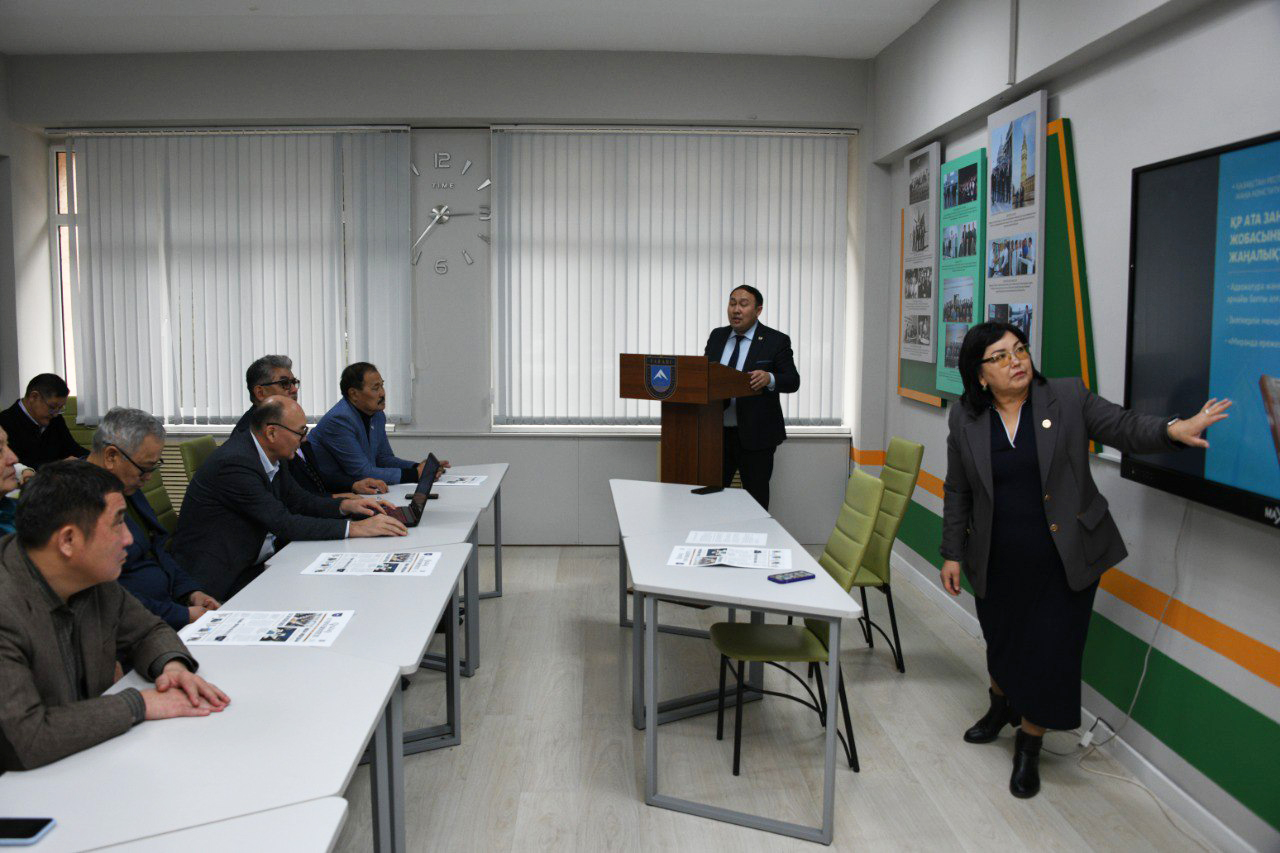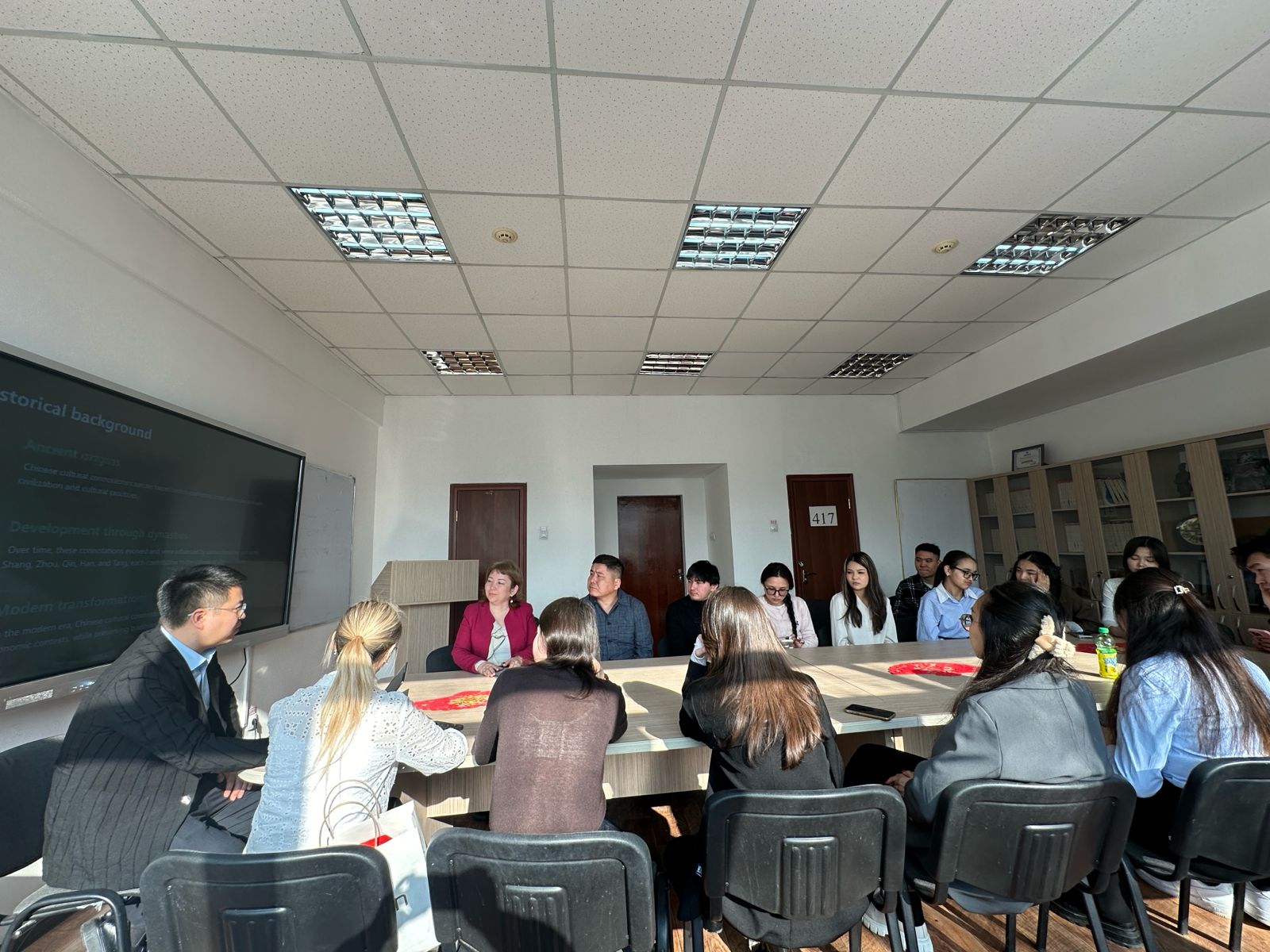
On February 6, 2025, Ph.D. Saparbayeva Nurzhan Baltazhanovna, a faculty member of the Department of Chinese Studies, conducted an open lesson on the topic «谈人物的特征» ("Discussing Personality Traits") as part of the course "Practical Course of Basic Eastern Language" for first-year students majoring in "6B02301 – Foreign Philology".
During the lesson, students demonstrated their knowledge of the Chinese language and culture by participating in performances dedicated to the Spring Festival. They enacted traditional Chinese theatrical scenes, presented dramatized dialogues, and performed mini-sketches that reflected the peculiarities of Chinese speech, mentality, and national character. These creative elements helped students immerse themselves in the language environment and better understand the cultural aspects of Chinese communication.
The open lesson was attended by the Head of the Department of Chinese Studies, Kerimbayev E.A., the Head of the Department of Far Eastern Studies, Abagan A.B., faculty members of the Department of Chinese Studies, as well as first-year students, master's students, and doctoral students.
Special emphasis during the lesson was placed on developing speaking skills, enhancing intercultural communication competencies, and understanding the national and cultural aspects of the Chinese language. The class discussed the peculiarities of Chinese vocabulary used to describe a person's character and behavior, its equivalents in the Kazakh language, and nuances of usage in various communicative situations. To reinforce the material, interactive exercises and discussions were conducted, allowing students to deepen their understanding of the cultural specificity of the Chinese language. Additionally, the lesson included an analysis of the lexical and semantic characteristics of Chinese words and expressions used to describe personality traits. Traditional Chinese idioms (成语), proverbs, and sayings, which depict human character and behavioral traits, were examined. Participants actively discussed the similarities and differences in the perception of personal qualities in Chinese and Kazakh cultures. At the end of the lesson, participants discussed the importance of studying the Chinese language not only from a linguistic perspective but also for a profound understanding of Chinese culture, traditions, and mentality. The open lesson was conducted in an interactive and engaging format, allowing students to actively participate in discussions, demonstrate their knowledge and skills, and significantly enrich their vocabulary. Such events foster students' interest in the Chinese language and culture, help them better understand the specifics of the Chinese mentality, and enhance their communicative competence, which plays a crucial role in their future academic and professional activities.
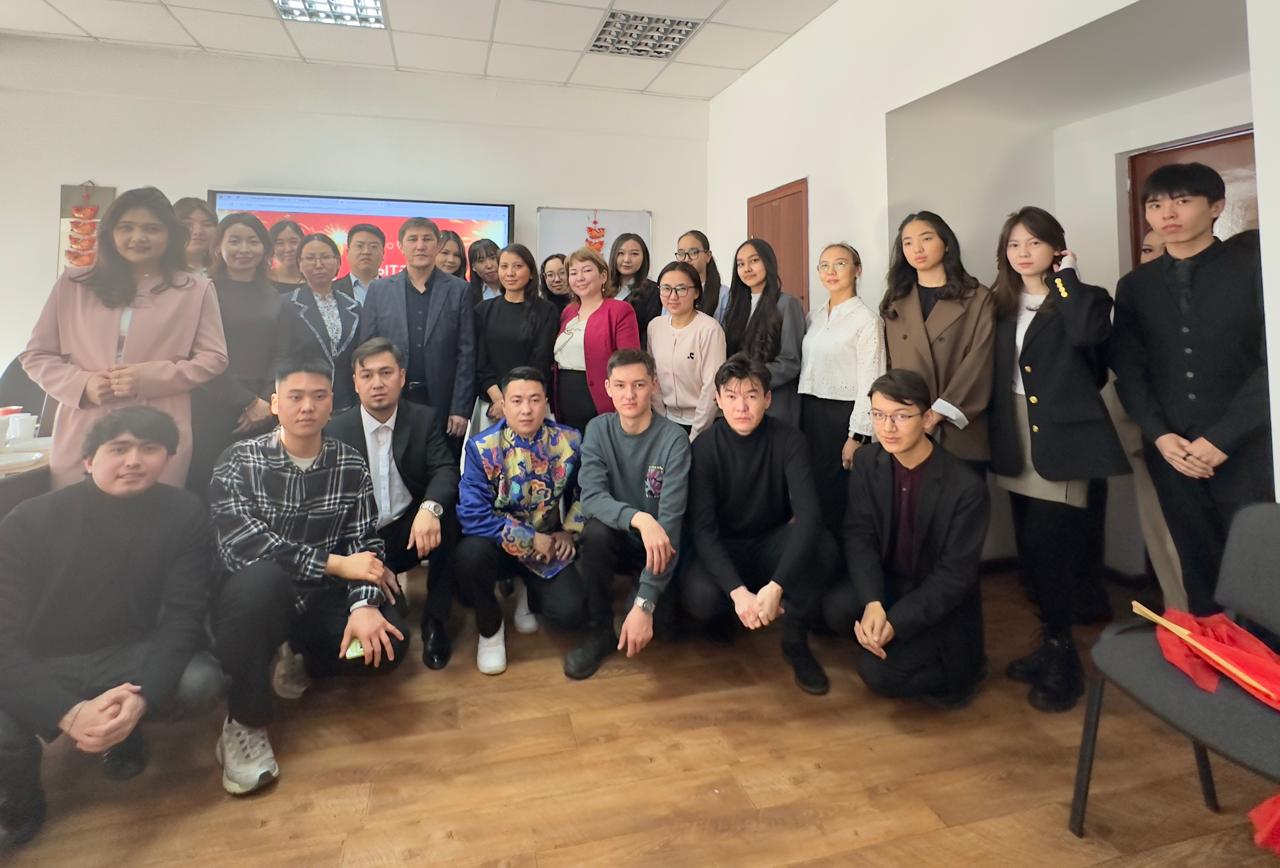
Other news
